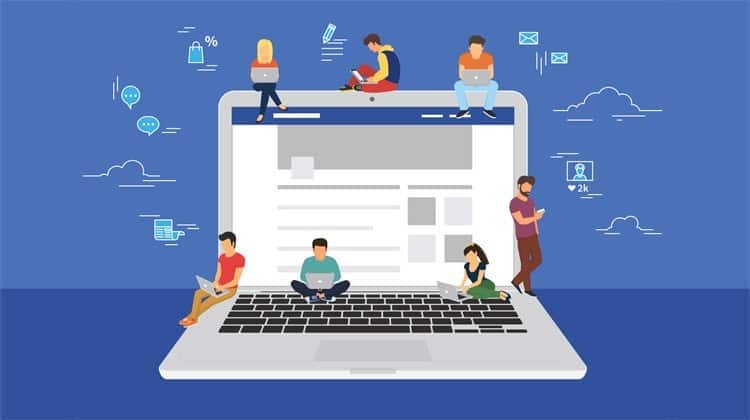B2B and B2C Marketing: What’s the Difference?
by Ana Gotter • July 9, 2018
Let’s say you’re booking a cruise for you and your significant other. You likely have a budget, but it’s also easy to get caught up in the website’s promise of romance and adventure. It is a vacation, after all, right? Why not make it great?
Your thought process and decision making for choosing a romantic cruise will likely be very different than if you’re making a purchasing decision for your business. There is, after all, not a whole lot romantic about invoicing software and you aren’t exactly going to be swept away when choosing your business’s call answering service.
This is why B2B and B2C marketing are so fundamentally different. Understanding those differences are crucial, especially if you’re following general “best practices” advice without full awareness of how they would affect each campaign type differently.
In this post, we’ll take a close look at those differences and how they’ll affect your marketing campaigns.
What Do “B2B” and “B2C” Mean?
“B2B” stands for “business to business,” while “B2C” means “business to consumer.”
B2B businesses sell products and services directly to other businesses. Or, more specifically, they sell to the decision makers in any particular business. This can include everything from table management software for restaurants to marketing services to office chairs.
B2C businesses sell products and services to customers for personal use. This can include cruises, clothing, cars, landscaping services and (obviously) so much more.
The Differences Between B2B and B2C Marketing
B2B and B2C marketing campaigns will share the same technical best practices, like using retargeting to reduce abandoned carts or negative keywords to improve ad placements. While these practices stay the same, however, there are several crucial differences that separate the two. Understanding these differences will improve your campaigns significantly, so let’s take a look at them.
The Decision Maker
B2B and B2C marketing both need to by hyper-targeted to get results, but this can be a big challenge in particular for B2B brands.
B2C campaigns can reach any potential customer who would be interested in their product, even if that person theoretically wouldn’t be the buyer. A woman who sees jewelry that she likes might send the link to her significant other, which could result in sales even though the ad appealed to someone other than the primary buyers.
B2C businesses can benefit from reaching the decision maker in the household, particularly for big-ticket items like vacations or new cars, but they don’t have to exclusively appeal to a single member in the unit in order to get results. They can show ads to anyone who might purchase and have a fair chance of conversion.
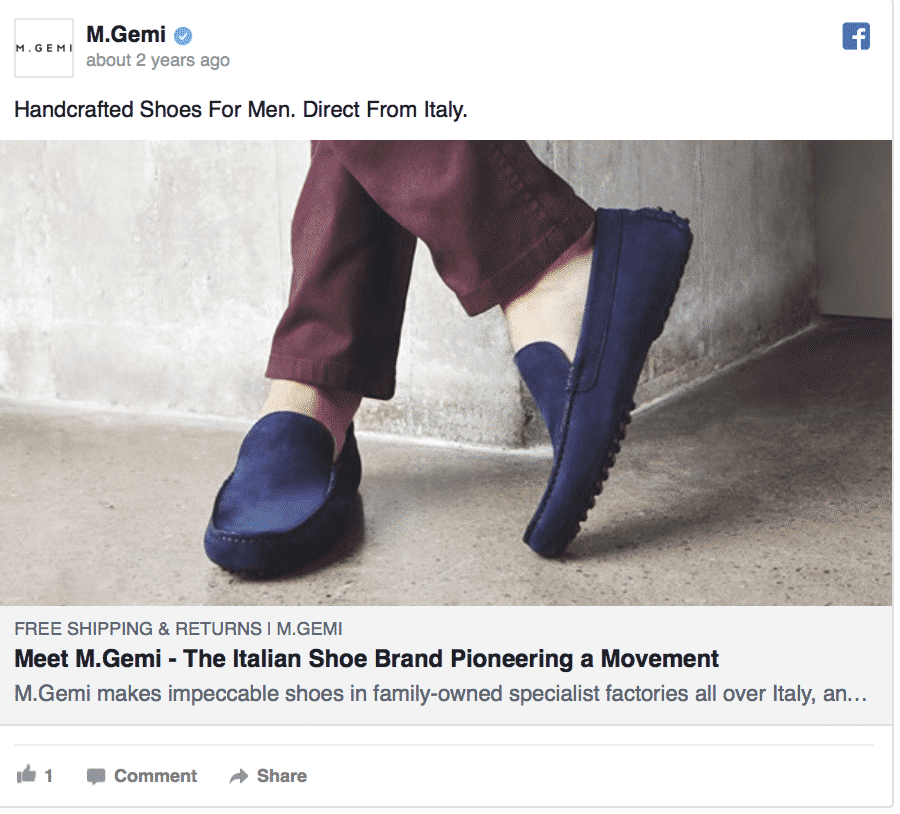
In B2B marketing, however, you need to appeal to a specific individual or small group of individuals within the business. These are the decision makers.
It doesn’t matter, for example, if a business’s twenty employees want new chairs—only the office manager or other upper level employee would have the ability to make that decision and they need to be the ones to see the ad directly. You need to get your ad in front of these specific people. Targeting by job title in Facebook Ads can help with that.
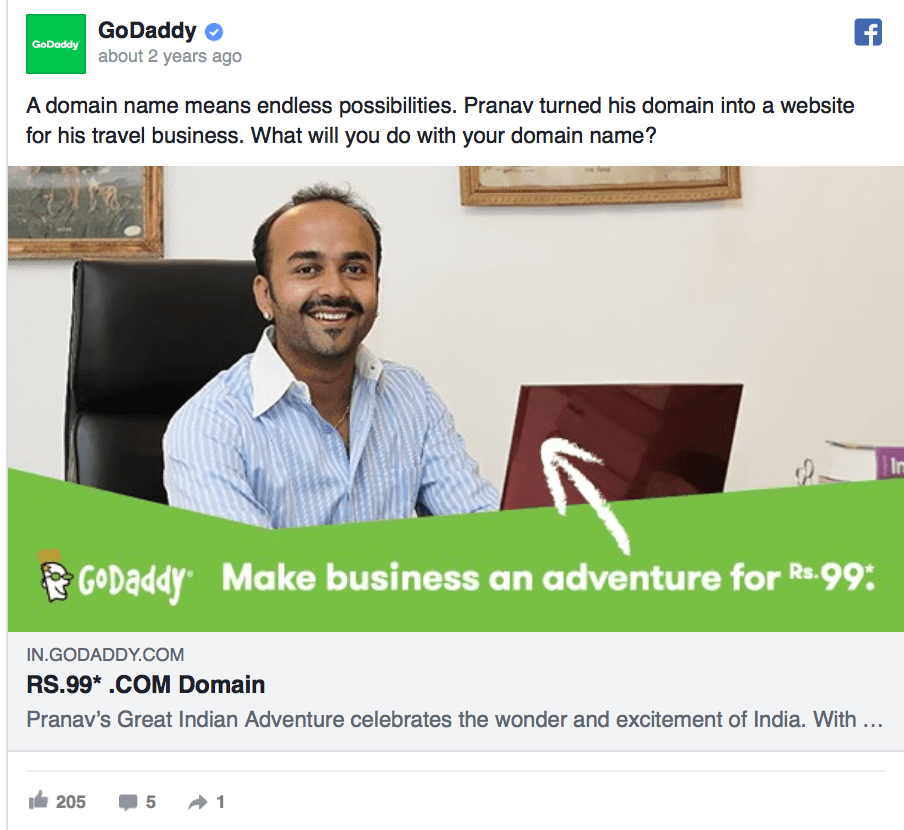
The Decision Making Process
The decision making process can look very different when making decisions for your personal life or for your business.
Customers in both industries need to see an immediate appeal to your ad and product, or they won’t want to learn more.
That being said, B2B customers are often going to take a significantly longer time then conducting more research before purchasing. Once they see the initial benefits, they’ll click to your site to learn more and see the details, then look for third party reviews and look at other competing options. It’s their business, after all, so the stakes are high.
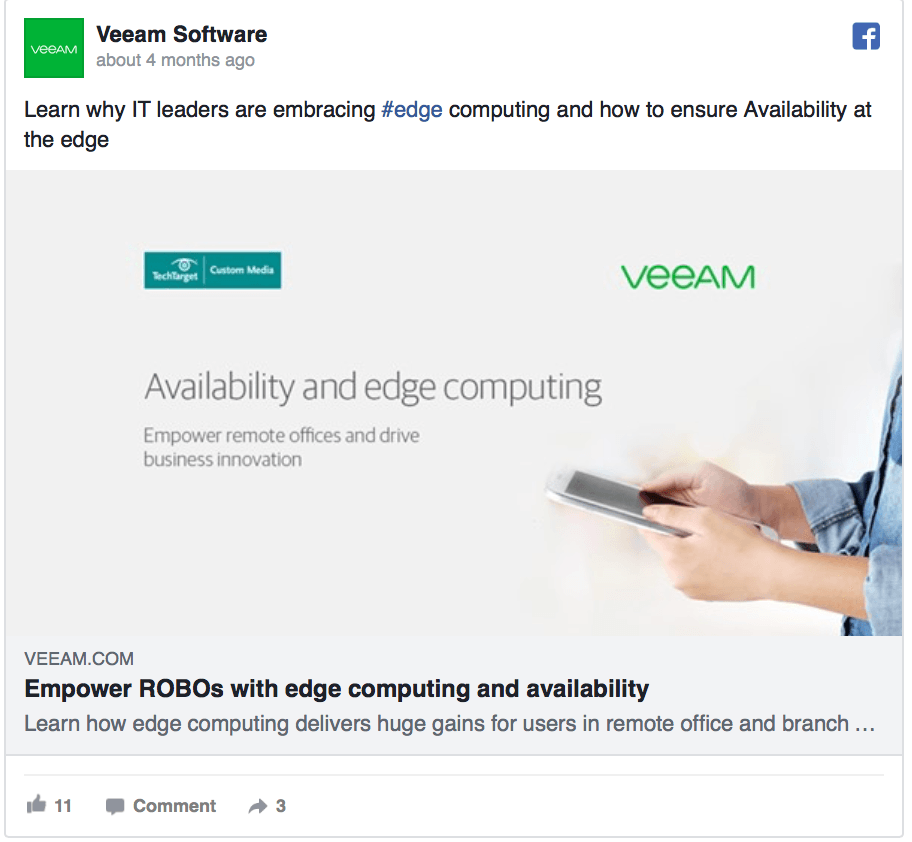
B2C customers, on the other hand, want to see pretty much everything they need to know as quickly as possible. How much research do you really want to have to put into a new Xbox game? They want to see reviews on the product pages and social proof on the ads. Because of the shortened research process in B2C, social proof on the ads can weigh slightly more heavily here, as it can directly impact immediate purchasing.
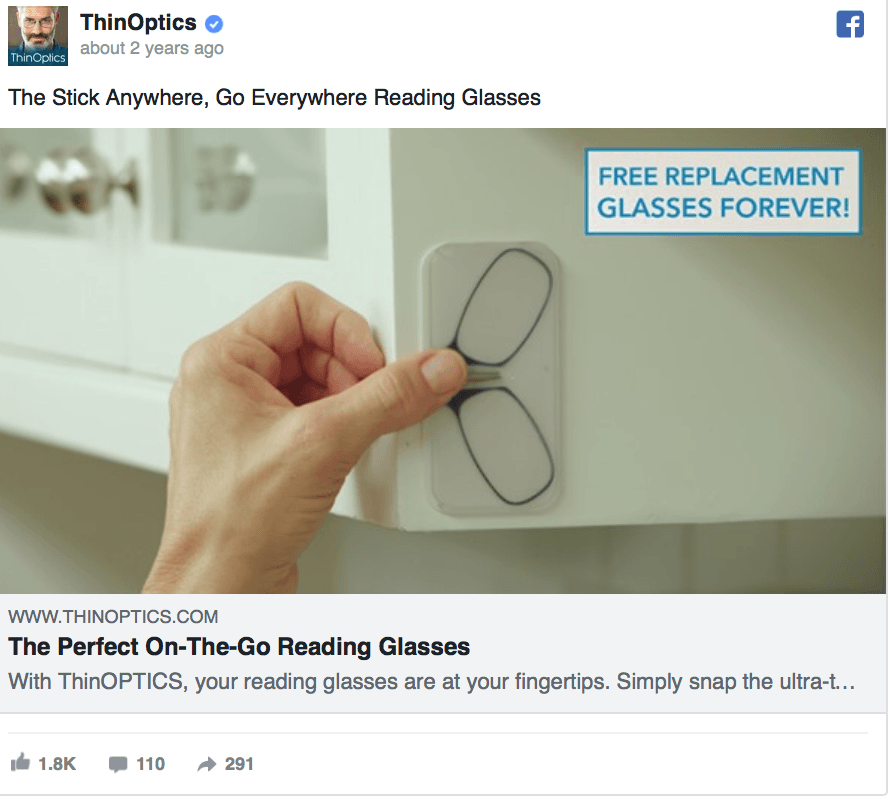
The Time it Takes to Convert
This is a simple difference but it’s a big one. B2C customers are much more likely to purchase quickly after seeing an ad, while B2B customers are inclined to take much longer. This is directly tied to the research process and its thoroughness.
People are more likely to make impulsive decisions on personal purchases than they are on business ones, where they may have more finite budgets and there’s higher pressure to get it right the first time. After all, changing business purchases is often more complicated—it may mean requiring the entire team to learn new software and since purchases are often more expensive and larger in number, it can be much harder to change once purchased.
Most ad platforms have attribution methods that are geared more towards B2C customers, with shorter windows of attribution. B2B businesses should check these settings and elongate the windows of time if needed.
The Underlying Motivation
Motivations for business purchases and personal purchases are likely going to be different.
B2B and B2C customers both purchase because they can see a product or service benefiting them in some ways. Sometimes these benefits overlap, like saving time or providing comfort. The bottom line, however, is different.
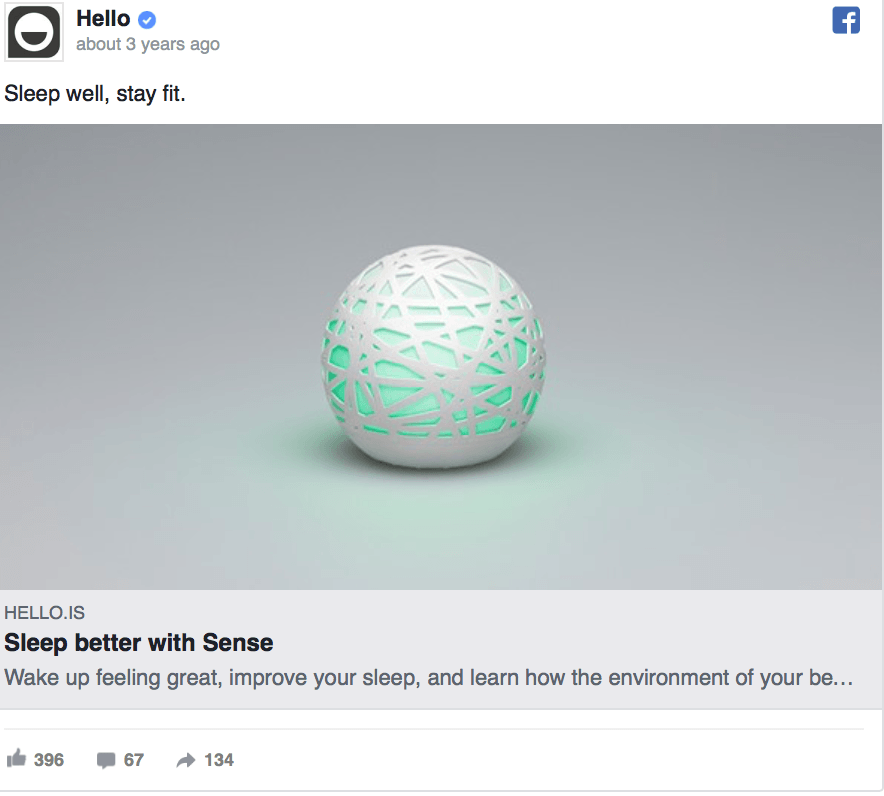
B2C customers are purchasing with the desire to improve their lives in some way. B2B customers are purchasing with the goal of improving their business and (most importantly) its bottom line.
That’s not to say that emotional appeal isn’t important in both, because it is. You are, after all, selling to real people in both. These people all have fears, needs, and wants that you can appeal to. You just need to tie that emotional appeal back to their business and show the financial bottom line at the same time. An example of how this is done in B2B ads can be seen in the Shopify ad below:
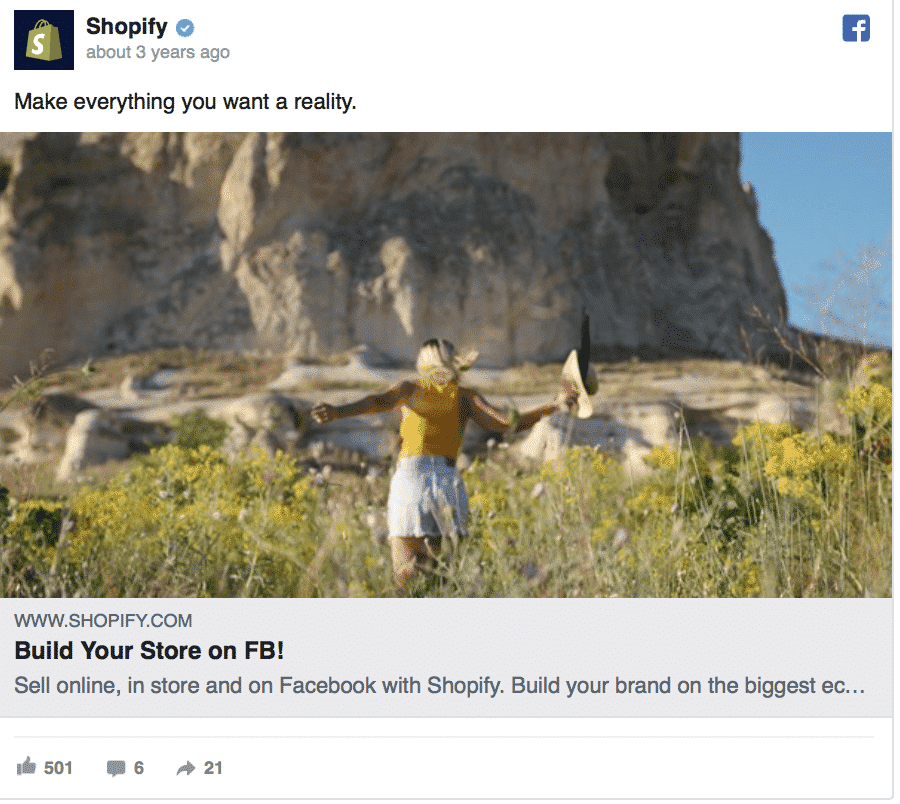
Conclusion
We say that business isn’t personal, so it’s only natural that there are going to be differences in B2B and B2C marketing. Someone purchasing an engagement ring or a television for their living room isn’t going to be thinking the same way as they would when they’re choosing a lawyer for their business (at least not in most cases). Understanding the difference between the two will make your campaigns more successful, getting you better results in the end.
All that being said, however, remember that there are a lot of similarities between B2B and B2C. You’re selling to businesses in one and in the other you’re selling to consumers. At the end of the day, of course, you’re still selling to people no matter what, so remember that it’s all about understanding your audience and what they need.
Need some assistance running a B2B or B2C marketing campaign? Get in touch with us and see what we can do for you.
What do you think? Which style do you prefer– B2B or B2C marketing? What differences do you think are most significant? Share your thoughts and questions in the comments below!

